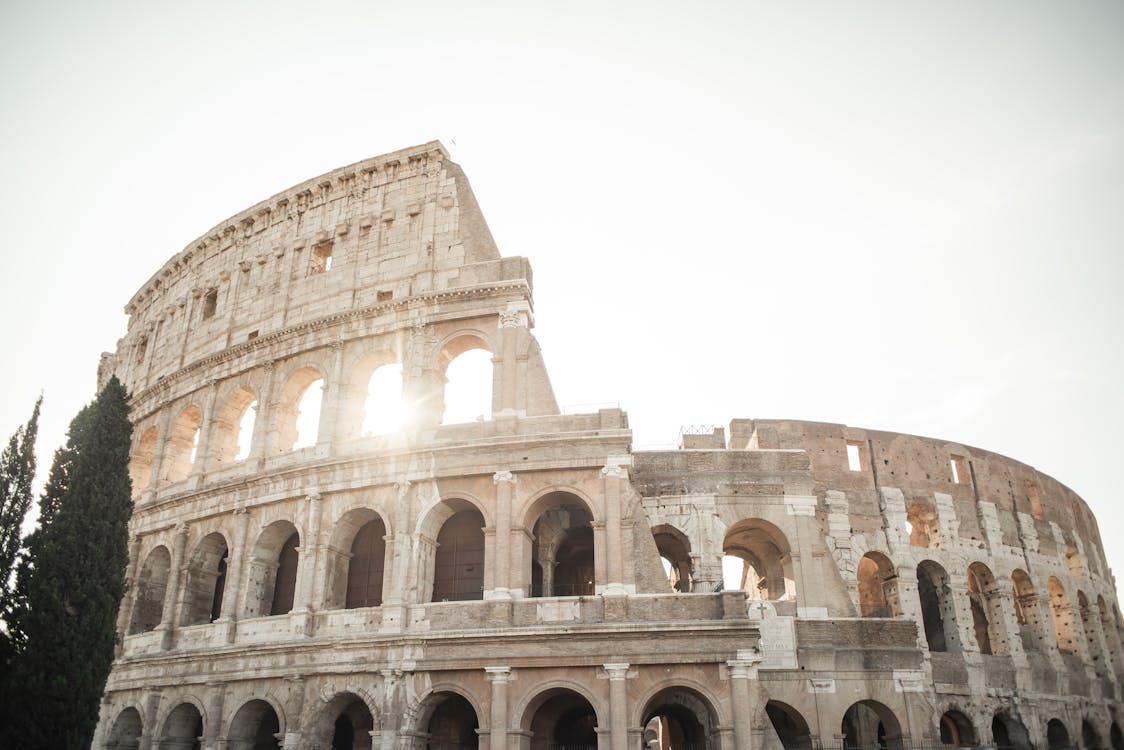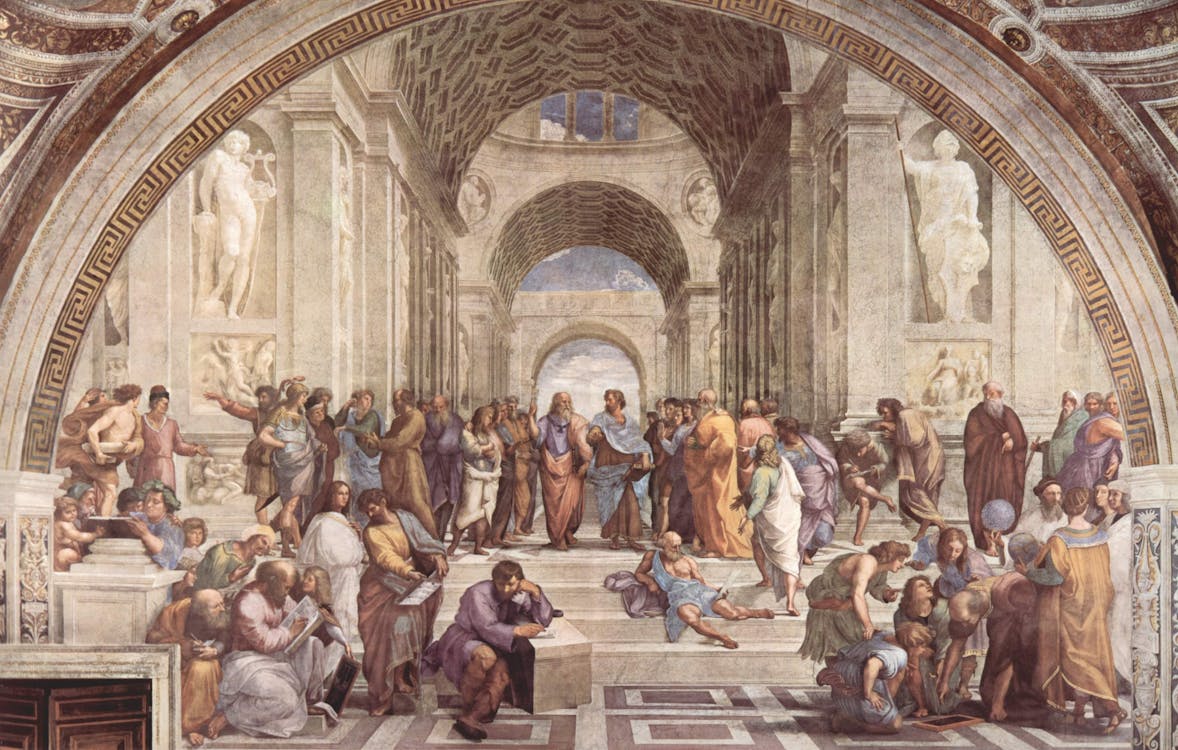Rome is a city like no other. With a history that dates back thousands of years, it’s no wonder that Rome is often referred to as the Eternal City. From the ancient ruins of the Roman Forum to the awe-inspiring Vatican City, there is no shortage of things to see and do in Rome. Add in delicious Italian food, amazing art and architecture, and vibrant nightlife, and it’s easy to see why Rome is one of the most popular tourist destinations in the world.
When is the best time to visit Rome? This is one of the most frequently asked questions when planning a trip to Italy. We’ve gone through everything you need to know about the weather, the peak tourist season, accommodation, and more in this post.
Winter in Rome: Is Rome Worth Visiting During Winter?

Is winter the best time to visit Rome? Well, Rome is a beautiful city that’s worth visiting any time of year. However, the capital of Italy is a city that experiences cold winters. If you can look past the extreme cold weather, Rome is just as beautiful during winter when the snow covers its ancient buildings and makes them look even more breathtaking.
Plus, there are fewer tourists during winter, so you’ll have the city almost to yourself. And if you’re looking for a truly authentic Italian experience, then head to Rome during winter, when the city comes alive with Christmas markets and celebrations.
Winter in Rome is a study in contrasts. The days are short and the nights are long, but the city is always alive with energy and light. Despite the cold weather, there is always something to do in Rome. Ice skating at the Colosseum, sledding down the Spanish Steps, and roasting chestnuts on a busy street corner are just a few of the wintertime activities that locals and visitors alike enjoy.
Spring in Rome: A Perfect Time For Tourists

Springtime in Rome is a truly magical experience. The weather is warm but not yet hot, and the flowers are in bloom, adding a touch of color to the city’s ancient stone streets. This is also the time of year when Rome comes to life, as locals and tourists alike flock to the city’s many squares and parks.
Spring is the perfect time to explore Rome’s rich history and culture, and there are plenty of ways to do so. The Vatican Museums are open year-round, but they are especially popular in the springtime when visitors can enjoy the beautiful gardens that surround them. The Colosseum and Roman Forum are also must-sees during a springtime visit to Rome.
If you’ve been thinking about visiting Italy, keep in mind that the best time to visit Rome is during the spring. Tourist attractions are less crowded than they are during the summer months, making it easier to enjoy all that Rome has to offer.
Summer in Rome: The Busiest & Most Expensive Time

Because Rome is located in the Mediterranean region, it has a typical Mediterranean climate with hot, dry summers and mild, wet winters. The summer months of June, July, and August are the hottest, with average temperatures ranging from 28 to 32 degrees Celsius. During these months, there is very little rainfall and the city can be quite dusty.
If you’re visiting Rome during summer, be sure to drink plenty of water and stay in the shade as much as possible. You might also want to consider visiting some of the city’s many outdoor parks, which provide a welcome oasis from the heat.
Rome is very busy and expensive during the summer months. Hotels and restaurants are often fully booked, and prices are high. However, there are also a lot of great things to do in Rome during the summer. There are many open-air concerts and festivals, and the city is filled with lovely flowers. If you don’t mind the crowds and the heat, summer is not a bad time to visit Rome!
Fall in Rome: Quiet, Fresh Weather & Less Crowds

Fall is a wonderful time to visit Rome. The weather is cool and fresh, and the crowds are much thinner than during peak tourist season. Fall is also a great time to enjoy Rome’s many outdoor cafes and restaurants. The city comes alive at night, and there are plenty of opportunities to people watch and soak up the atmosphere.
If you’re looking for a more low-key vacation, fall is the perfect time to explore Rome’s many museums, churches, and historical sites. With fewer visitors, you’ll have plenty of time to linger and take in all the amazing artifacts on display.
The Best Time To Visit Rome
The best time to visit Rome is in the spring or fall. The weather is milder during these months, and there are fewer tourists. September and October are particularly good times to visit because many Italians take their vacations in August. If you want to experience Rome without the crowds, plan your trip for the shoulder season. You’ll be able to enjoy all that Rome has to offer without struggling to find a place to stay or a seat at a restaurant.
The Worst Time To Visit Rome
If you’re planning a trip to Rome, you’ll want to avoid the city’s peak tourism season. From mid-July to early August, the weather is hot and sticky, and most Romans have left the city for their summer holidays. This means that many shops and restaurants are closed, and public transportation can be very crowded.
If you’re visiting Rome during this time, be sure to book your accommodation well in advance, as prices will be higher than usual. You’ll also want to pack light, as high temperatures can make walking around the city quite uncomfortable.
The Cheapest Time To Visit Rome
While Rome is certainly worth a visit at any time of year, there are certain times when it is more affordable to travel there. If you are looking to save money on your trip to Rome, consider traveling during the shoulder seasons of March, April, May, October, or November. This is also considered the best time to visit Rome because the weather is still good during these months, and you will find lower prices on accommodation and airfare.
The Peak Tourist Season in Rome
The peak tourist season is typically between June and September. During this time, hotels and other attractions are often booked well in advance, so it is important to plan well if you want to visit during this period. Outside of the high season, Rome is still a very popular destination, so you can expect to find crowds at major attractions even in the winter months.
How Many Days It’s Enough To See Rome
Rome is a large city with a lot to see, and how many days you spend there will depend on your interests and travel style. If you’re the type of traveler who likes to pack in as much sightseeing as possible, then you’ll need at least four or five full days to do justice to the city’s highlights.
Must-sees include the Colosseum, the Vatican City, and the Spanish Steps. But Rome is also a city that rewards those who take their time, so if you can stretch your trip to six days or more, you’ll have a chance to explore some of its lesser-known attractions and get a feel for the city’s unique character. By taking your time and savoring Rome’s many wonders, you’ll come away with memories that will last a lifetime.
Accommodation & Transport in Rome
The Capital is a very popular tourist destination, so finding accommodation and transport can be tricky. However, there are a few things you can do to make your trip go better. First, it’s important to book your accommodation in advance. There are many hotels and Airbnbs available in Rome, but they fill up quickly.
Once you have your accommodation sorted, you’ll need to figure out how to get around. Rome has an excellent public transport system, so you can easily get around by bus or train. If you’re staying in the city center, you can also walk to most of the major attractions. Remember to pack comfortable shoes! Rome is a beautiful city, but it’s also very hilly. Wearing comfortable shoes will help you enjoy your trip even more.
Visa Requirements To Visit Italy
All non-EU citizens need a valid passport and a visa to enter the country. However, citizens of certain countries are eligible for a visa exemption. These include holders of valid US, Canadian or Australian passports, as well as citizens of Japan, South Korea, and Singapore. If you do not fall into one of these categories, you will need to apply for a Schengen Visa.
This can be done online or at your local Italian consulate. The application process is generally straightforward, but it is important to submit all the required documents. These include a completed application form, a passport-size photo, and proof of travel insurance. You may also need to provide proof of your financial means and your itinerary. Once your application has been processed, you will be issued a visa that allows you to stay in Italy for up to 90 days.





